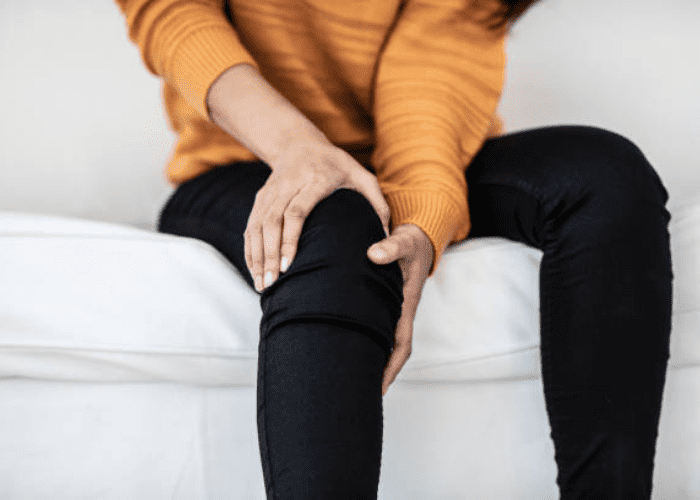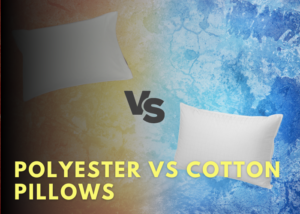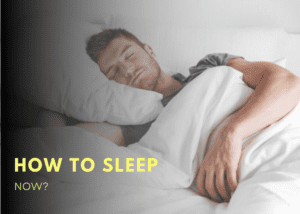Knee pain is common either from injury or degenerative diseases such as arthritis. Is it possible for you to sleep through the night if you are experiencing knee pain?
Knee pain can prevent you from sleeping, and tossing and turning to find a good position is frustrating and downright painful. Sleep on your side with a pillow between your knees. If you sleep on your back, place a pillow under your ankle and not your knee to reduce swelling, if there is any.
How should I sleep with knee pain?
It’s not easy to sleep with knee pain, and finding relief from the nagging ache or pain can be almost impossible.
Take ibuprofen before sleeping to reduce inflammation, make sure to take the dosage recommended on the container. Do not exceed the dose unless otherwise directed by a doctor or pharmacist.
If it’s just a pain or you might be trying to sleep after knee surgery, it can be a trial and error process, so you must persevere. You have established that you can get light relief from pain medication, so use it.
Often if you can drop off to sleep quickly with knee pain, you can sleep the night through.
If you sleep on your back, elevate your knee from your ankle. If you place a pillow under the knee, causing it to flex, it could potentially lock, and then you will have a bigger problem.
If you are a side sleeper, place a pillow between your legs for comfort and support. Side sleeping frequently provides the best relief for knee pain.
Is your knee inflamed (hot to the touch)? If it is, it’s not a good sign, and you need to rest the joint. As a general rule of thumb, joints are cold, and muscles are hot.
Ice the knee throughout the day, even if it’s not swollen. Icing the knee for 20 minutes 3 or 4 times a day will reduce pain. Use a clean cloth between the ice pack and the knee joint to prevent ice burns.
Why are my knees so painful at night?

Possibly because you have been standing and moving around through the day, knee pain worsens at night.
Your body produces a natural anti-inflammatory hormone, Cortisol. Cortisol levels drop through the day and are normally at their lowest point at night as your fight or flight response is less likely to be triggered.
Another reason for increased knee pain at night is your brain perceives pain in different ways at different times of the day. When you are active during the day, your brain may perceive the pain in your knee just as a niggling injury.
At night it’s a whole different story. What was a niggling pain in the day can now seem like you have had your knee crushed.
When sleeping in bed, use pillows to your advantage for pain relief, but don’t try to cross your legs across the centerline of your body. This causes ligaments to stretch and may make the sensation of pain worse.
How do I know if my knee pain is serious?
If you have significant swelling, you find it hard to bear any weight on your leg. If you have a fever, you cannot flex your leg normally, and finally, if you have a deformity on your knee, it looks very different from normal.
If this is you, head to the emergency room without delay.
Will knee pain reduce after sleeping?
It is possible that knee pain may improve after sleeping, as the rest and relaxation during sleep can help reduce inflammation and swelling.
However, it is important to note that the cause of knee pain can vary, and the degree to which it improves after sleep will depend on the specific cause of the pain.
If your knee pain persists or is severe, it is important to speak with a healthcare provider for further evaluation and treatment.





